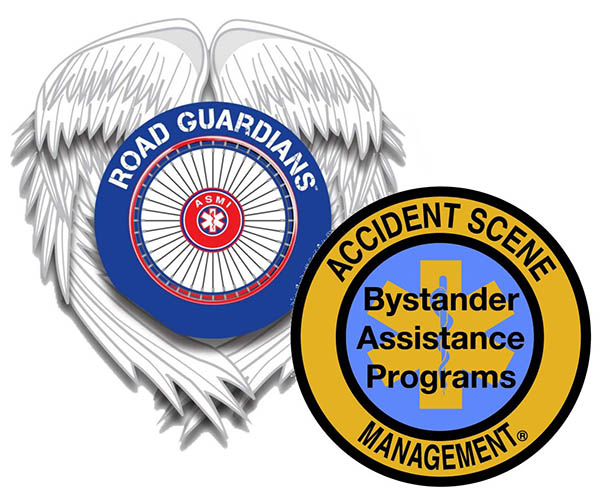Accident Scene Management / Road Guardians
Login |
(262) 706-3278
0
You have 0 items in your cart
27-1-714. Limits on liability for emergency care rendered at scene of accident or emergency.
(1) Any person licensed as a physician and surgeon under the laws of the state of Montana, any volunteer firefighter or officer of any nonprofit volunteer fire company, or any other person who in good faith renders emergency care or assistance without compensation except as provided in subsection (2) at the scene of an emergency or accident is not liable for any civil damages for acts or omissions other than damages occasioned by gross negligence or by willful or wanton acts or omissions by the person in rendering the emergency care or assistance.
(2) Subsection (1) includes a person properly trained under the laws of this state who operates an ambulance to and from the scene of an emergency or renders emergency medical treatment on a volunteer basis so long as the total reimbursement received for the volunteer services does not exceed 25% of the person’s gross annual income or $3,000 a calendar year, whichever is greater.
(3) If a nonprofit subscription fire company refuses to fight a fire on nonsubscriber property, the refusal does not constitute gross negligence or a willful or wanton act or omission.
Automatic External Defibrillator:
House Bill 126 (1999)
In order for an entity to use or allow the use of an automated external defibrillator, the entity shall:
An individual who provides emergency care or treatment by using an AED in compliance with [sections 2 through 7] and an individual providing CPR to an individual upon whom an AED is or may be used are immune from civil liability for a personal injury that results from that care or treatment or from civil liability as a result of any act or failure to act in providing or arranging further medical treatment for the individual upon whom the AED was used unless the individual using the AED or the person providing cardiopulmonary resuscitation, as applicable, acts with gross negligence or with willful or with wanton disregard for the care of the person upon whom the AED is or may be used.
The following individuals or entities are immune from civil liability for any personal injury that results from an act or omission that does not amount to willful or wanton misconduct or gross negligence if applicable provisions of [sections 2 through 7] have been met by the individual or entity.
http://leg.mt.gov/bills/2013/mca/27/1/27-1-714.htm
